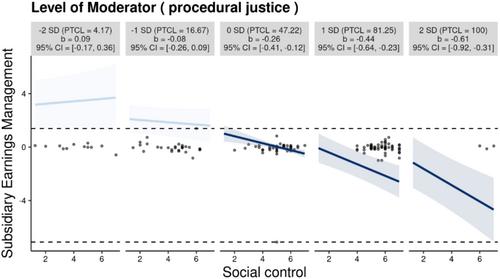HQ controls, agency costs, and procedural justice
Abstract
Research Summary
Monitoring, incentive alignment, and social controls are used to minimize the agency costs to headquarters (HQ) resulting from subsidiaries' opportunistic behaviors by aligning subsidiaries' behaviors and interests with those of the HQ. Subsidiaries' motivation to comply with these controls, however, is contingent on the social context that links the subsidiary to the HQ. In this context, we propose to identify procedural justice as a motivational contingency that shapes the conditions under which agency-driven controls can effectively minimize agency costs. Our results show that monitoring and social control reduce agency costs when procedural justice is high, whereas the use of incentive alignment mechanisms can have the opposite effect.
Managerial Summary
The headquarters (HQ) of multinational corporations use control mechanisms to ensure the alignment of their subsidiaries with the organization's interests and goals. However, these mechanisms do not always provide value to the corporation since subsidiaries may exhibit varying levels of motivation to comply with such controls, resulting in behaviors that range from resistance to compliance and ceremonial compliance to genuine compliance. We argue that the procedural justice applied by the HQ influences subsidiaries' motivation to comply with the controls implemented by the HQ. We find that in subsidiaries that operate in such a climate of fairness, monitoring based on rules, processes and procedures as well as social control can provide value, whereas the use of incentive alignment can lead to the opposite results.



 求助内容:
求助内容: 应助结果提醒方式:
应助结果提醒方式:


